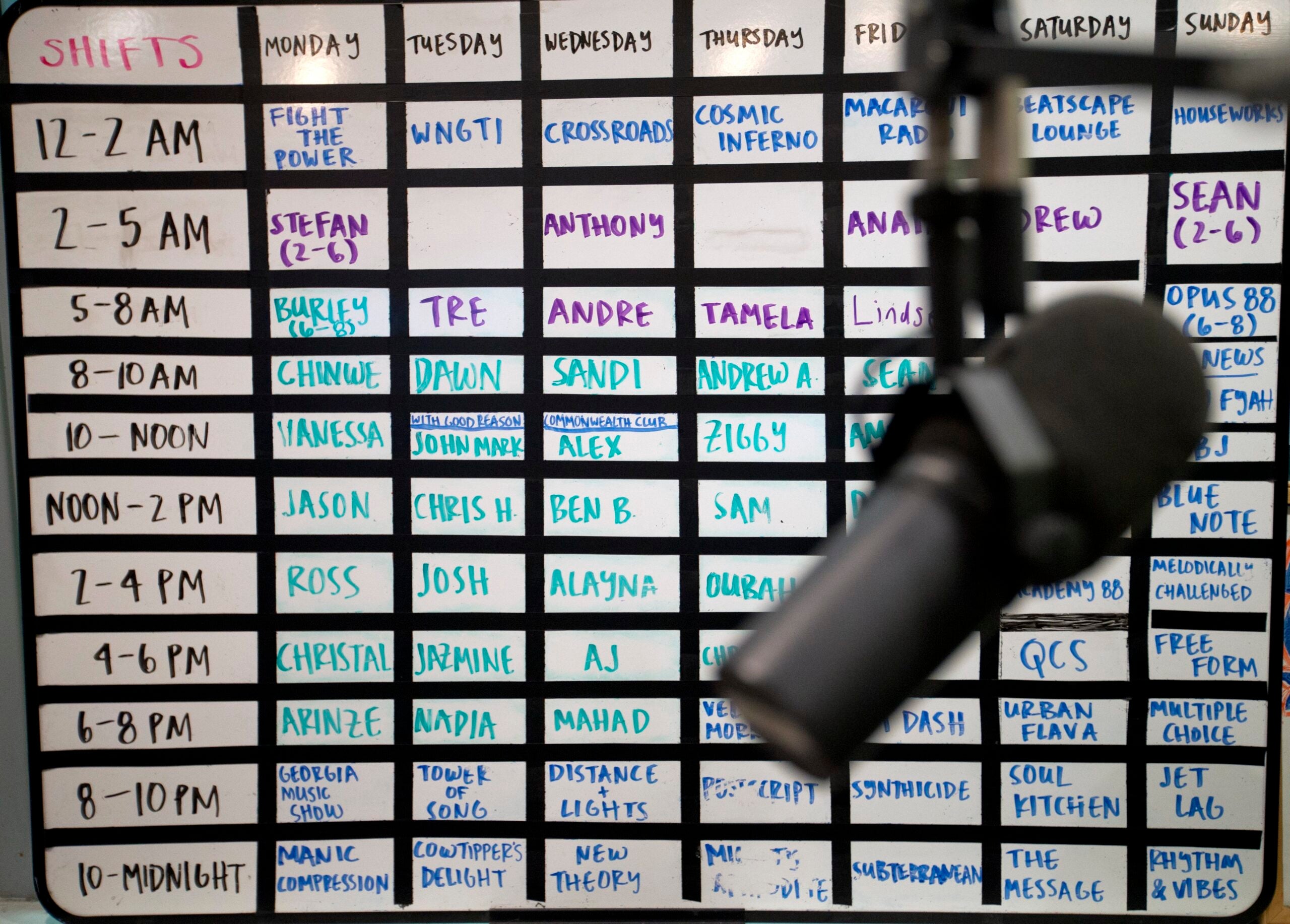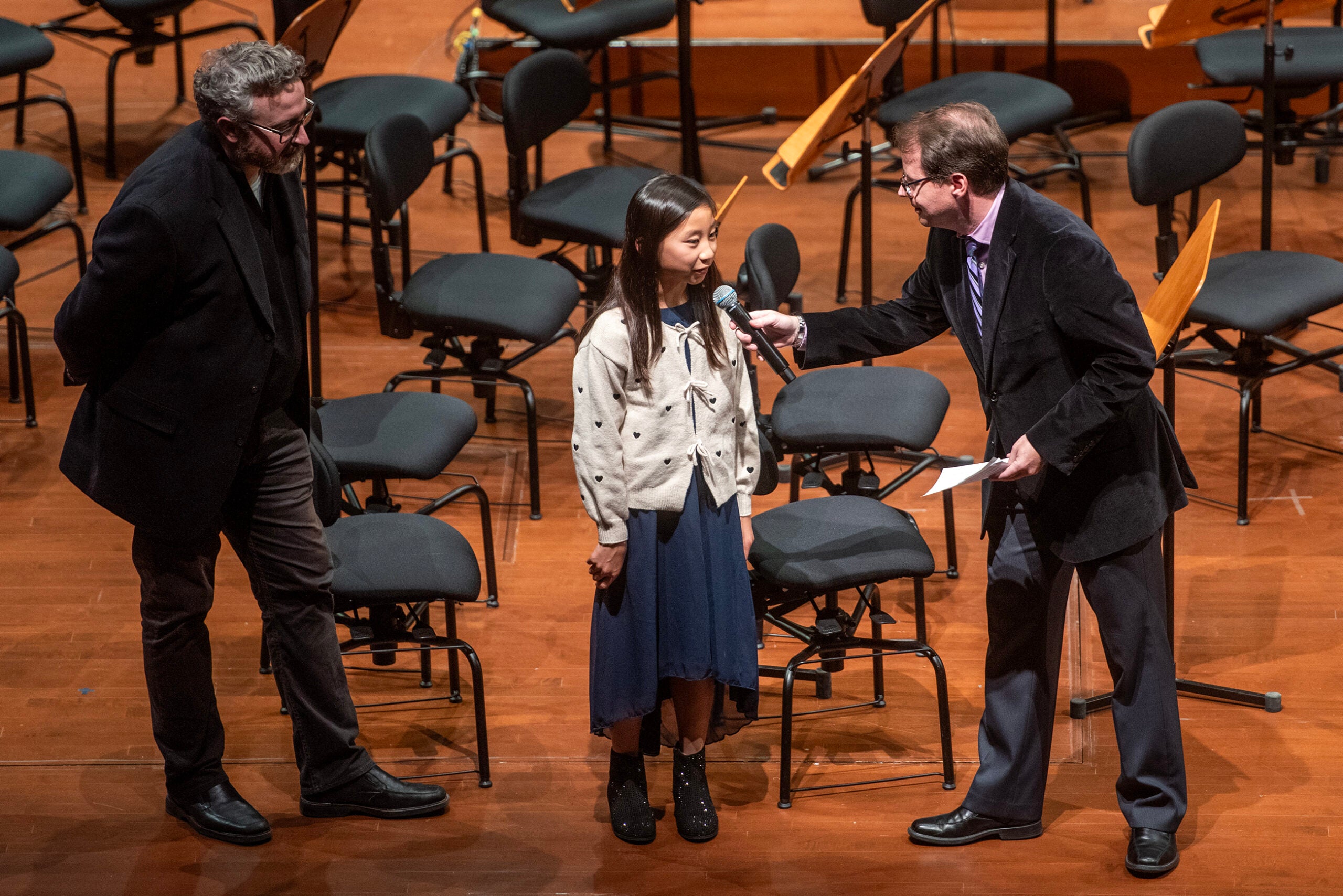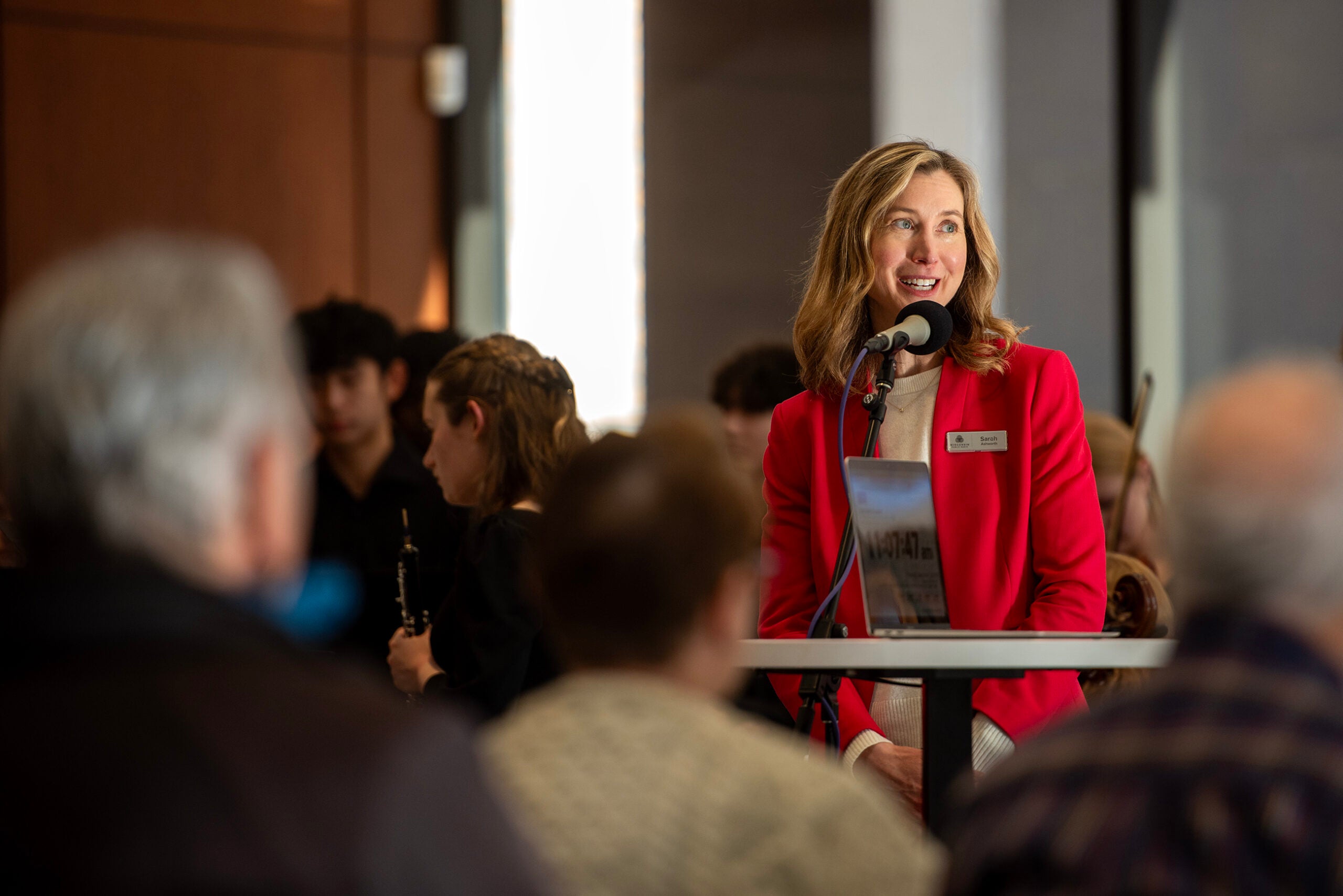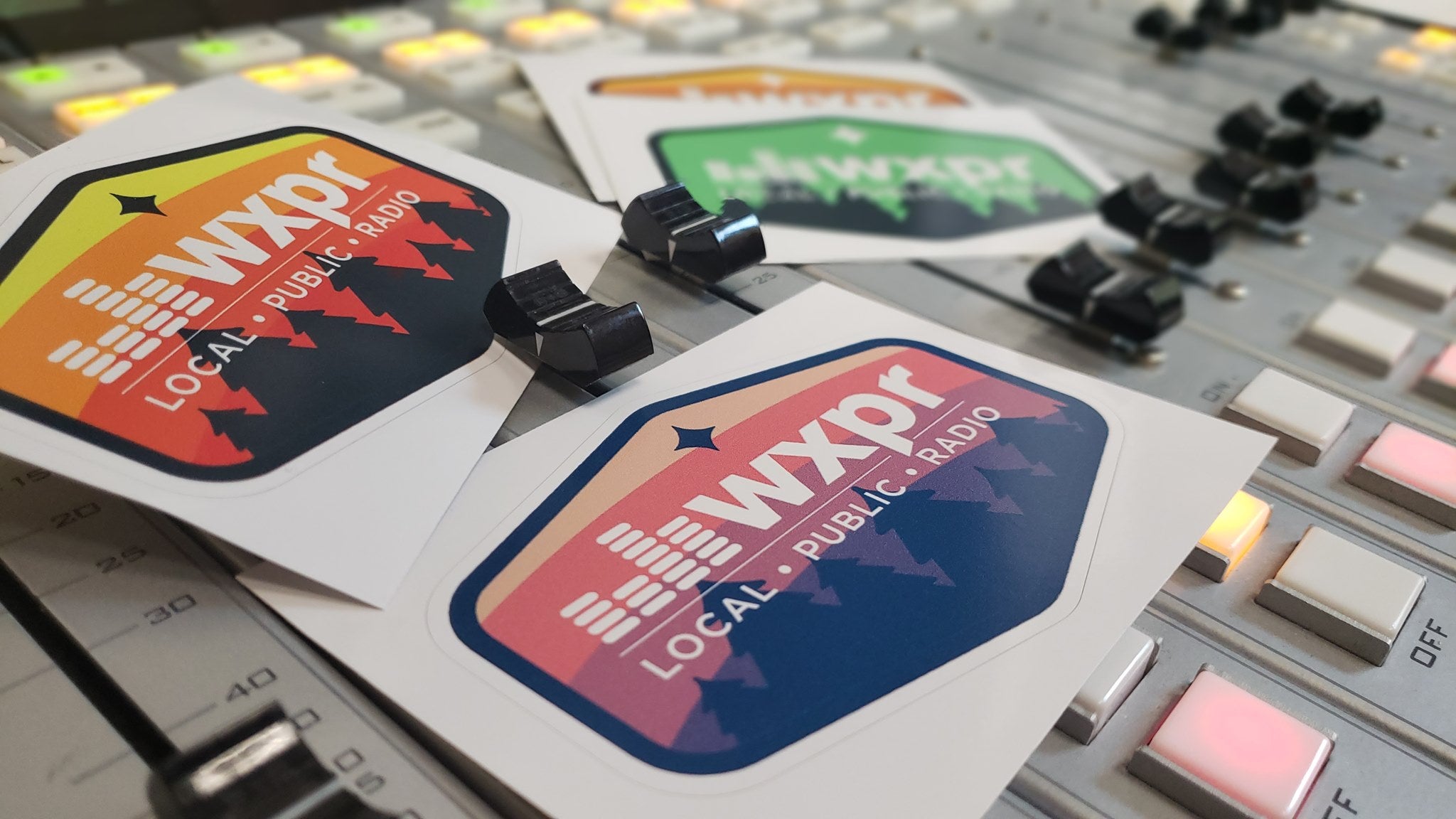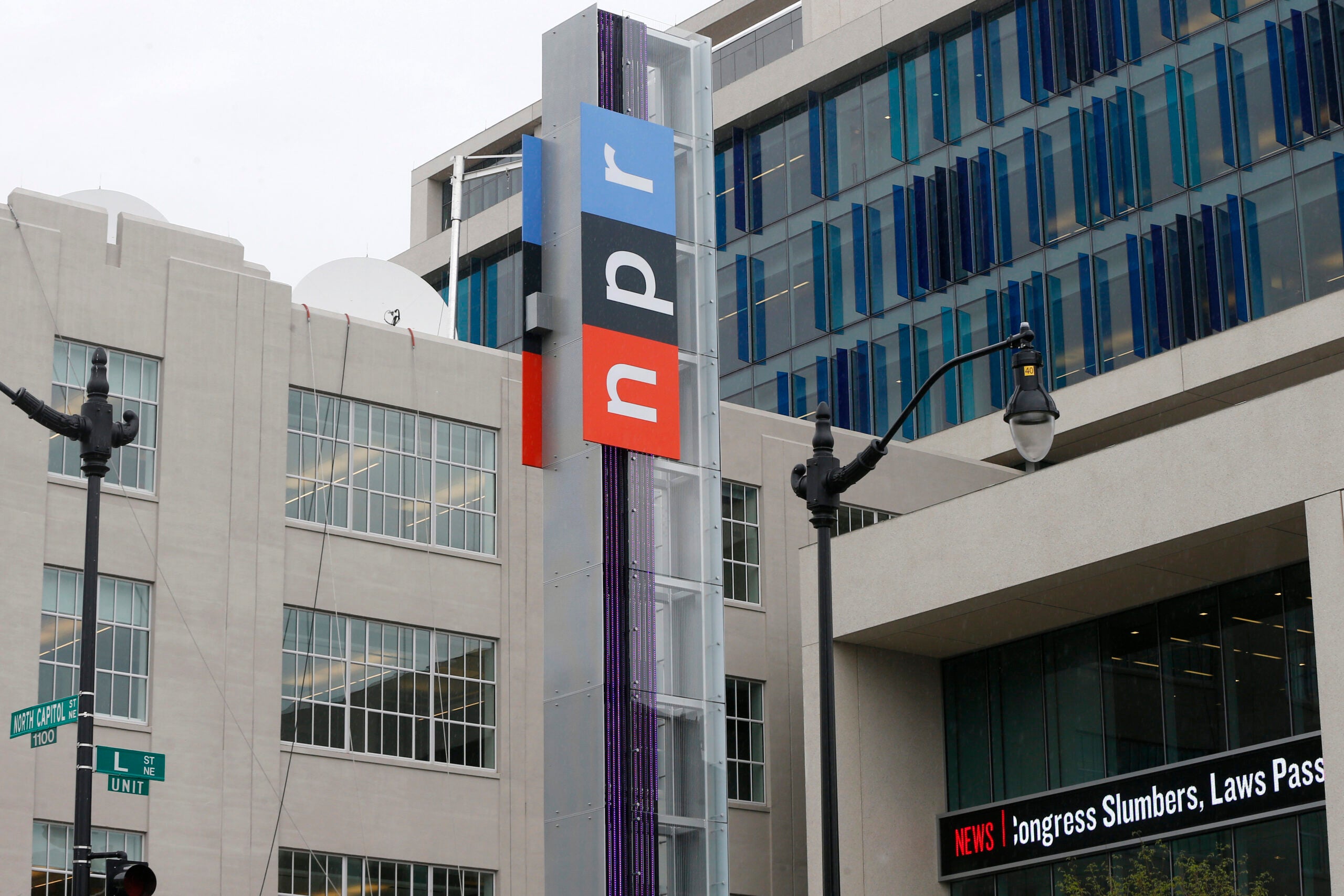Jessie Dick dreams of her Northwoods public radio station producing a regular program that covers local news in Rhinelander and the surrounding area.
With the decline of newspapers in northern Wisconsin, the general manager and president of WXPR sees a growing need for public radio to find and share community stories. But, Dick said, “That’s just not something we have the staff to be able to do.”
The station’s annual budget for news coverage is about $100,000 and pays for two staff members. The operation isn’t enough to keep up with news or funding needs, Dick said.
News with a little more humanity
WPR’s “Wisconsin Today” newsletter keeps you connected to the state you love without feeling overwhelmed. No paywall. No agenda. No corporate filter.
As newspapers are shrinking or shuttering across the nation, a Harvard University survey recently sought to assess whether hundreds of NPR member stations like WXPR could fill the widening gaps in access to reliable and relevant local news. Wisconsin Public Radio is also an NPR member station and participated in the survey.
Harvard professor Tom Patterson led the survey and recently joined WPR’s “The Morning Show” to discuss its results. He found most local stations could be the leading source of news for their communities, but they need more staff to handle news reporting and to expand their online presences.
“It’s fair to say when a newspaper dies, the community loses the common bond that unites its people and gives them a real sense of community,” Patterson said. “We’re seeing that in many places now, and it’s going to get worse.”
WXPR responds to widening news gaps
Nationwide, the newspaper industry declined over two decades from being a $50 billion business to being a $10 billion business, Patterson said.
In the Northwoods, Dick said the Rhinelander area’s local newspaper went from printing daily to twice a week. Commercial radio stations eliminated news coverage, too.
WXPR responded by stretching its “already very thin budget” to add another news position. To help gather story ideas, the station held community forums and started an initiative called “Curious North.” People may submit questions for the station to investigate.
One investigation from the “Curious North” initiative sought to learn the scope of water being contaminated by chemicals known as PFAS. Dick said the additional reporter allowed the station adequate time to dig into the story and investigate.
After one municipal well in Rhinelander was shut down for PFAS contamination, the station obtained government records showing that another municipal well had continued providing water even with high levels of a lesser-known chemical related to PFAS.
“With one reporter, we just couldn’t do that before,” Dick said.
About two weeks after WXPR reported its findings, Rhinelander’s mayor shut down the second well, too.

Proper journalism ‘takes a lot of time’
Patterson, the Harvard researcher, worries how less local news coverage could affect communities. He said civic health declines, voting rates diminish, accountability of local officials drops and polarization increases.
His survey asked 242 NPR member stations how each would use 10 more employees. In addition to WXPR, another Wisconsin station that responded was WOJB out of the Lac Courte Oreilles Reservation near Hayward.
WOJB listeners are seeking news coverage that involves attending government meetings or understanding health care in the community, said Karl Habeck, the station’s general manager. But WOJB hasn’t produced much news reporting in years, because it’s too expensive and more than what donors are capable of covering.
“To do proper journalism, it takes a lot of time,” Habeck said.
When the annual American Birkebeiner ski race happens in Hayward, attracting thousands to the region, the station requires “all hands on deck,” including volunteers. But volunteers only come out for bigger news stories rather than day-to-day matters, Habeck said.
“Even for us, three additional employees would be great,” he said. “We’ve been acclimated to operating as small. We have to. Our staff is very versatile, and they’re able to multitask and do a lot of things. That’s what we have to do.”
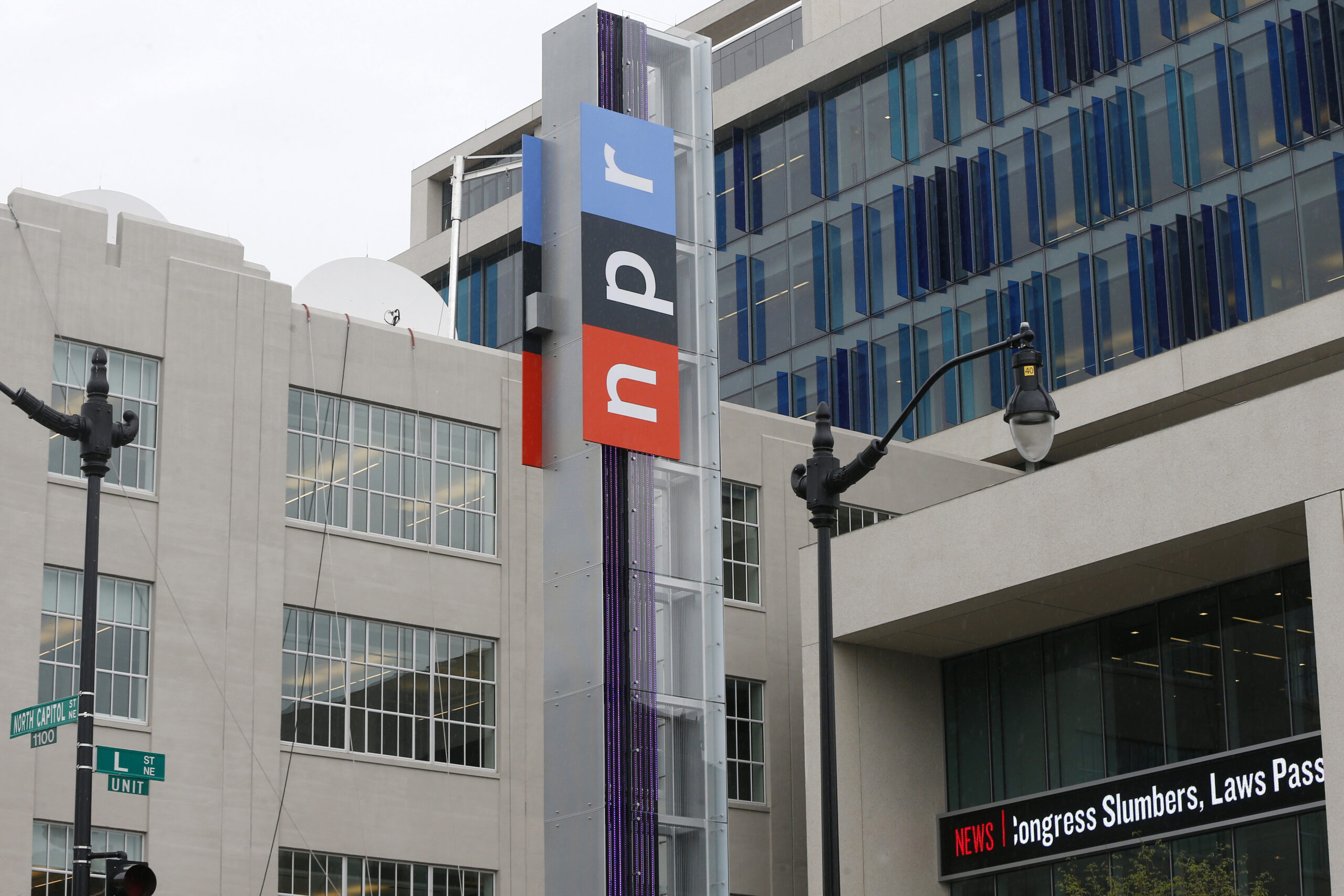
How to pay for this expansion
The public radio stations most in need of news funding are the places least able to raise more resources locally, Patterson said. Funding to benefit underserved communities would need to come from somewhere else.
While public radio stations primarily depend on listener contributions, Patterson said only about one in 10 regular listeners are contributing to their local station.
“That has been pretty flat over the years, so I don’t expect that’s going to change,” he said.
Habeck said he appreciates the additional financial support that WOJB receives, including aid from the Corporation for Public Broadcasting, which is a nonprofit Congress created in 1967 to support the broadcast industry.
“Without CPB money, we wouldn’t be here,” he said.
Patterson’s research shows U.S. government funding of public broadcasting is about $3 per capita while other Western democracies are spending upwards of $50 per capita. Dick said she recently met with Wisconsin U.S. Sen. Tammy Baldwin’s office about how a small amount of money could make a dramatic impact for a small station.
Aside from listeners or government aid, Patterson said another source for funding public radio could be philanthropy. Private wealth in the U.S. has reached remarkably high levels but many with a philanthropic spirit don’t put public radio very high on their list of priorities, he said.
“We have to convince them why public radio and why local media particularly are so important. This is democracy, and when you lose your newspaper or you lose your local information capacity, then other things begin to go downhill,” he said. “This is not just a crisis in the news business. This is a crisis for democracy.”
Editor’s note: WPR receives about 6 percent of its funding from the Corporation for Public Broadcasting. More information on how WPR is funded can be found at www.wpr.org/support/wpr-funding-information.
Wisconsin Public Radio, © Copyright 2025, Board of Regents of the University of Wisconsin System and Wisconsin Educational Communications Board.

